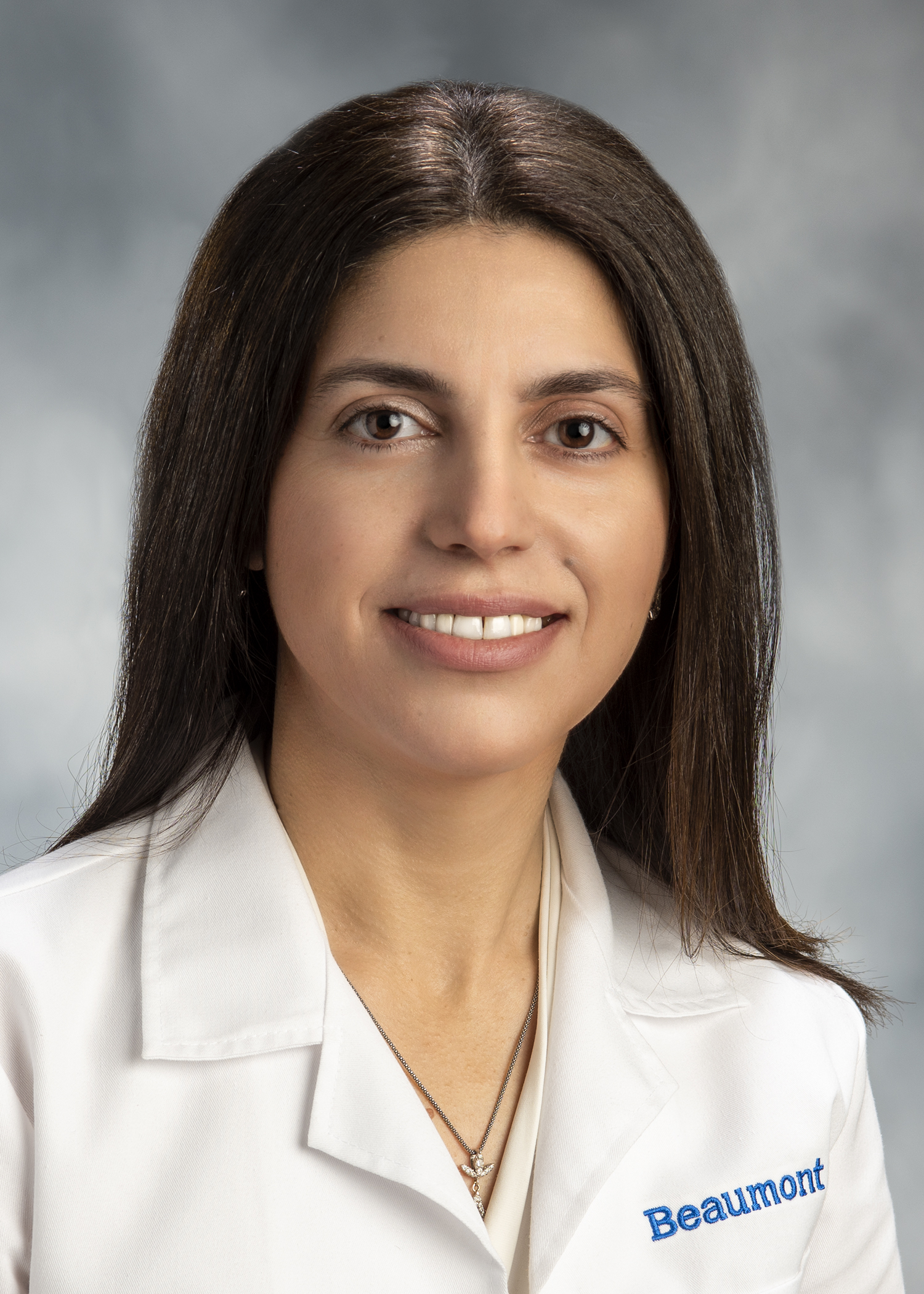Dr. Hanady Daas: Infectious disease work is personal and professional
How working in infectious disease is both ‘personal and professional’ for Dr. Hanady Daas
When Dr. Hanady Daas began her residency at an inner-city Detroit hospital, “there was a lot of exposure to infectious disease from day one,” she said.

She treated patients with HIV and tuberculosis as well as injection drug users, people who had poorly controlled diabetes with ulcers and much, much more.
It was challenging, because she was often seeing patients later in their health journey — people who had a lack of resources, education and access to health care early on in their lives — “before they hit the bottom,” she said.
And that’s exactly what drew her to the infectious disease field.
"It’s a rewarding thing to be part of that process, improving someone's life and making them see their health as a priority, that their life has a value and someone cares about it,” she said.
By her second year of residency, she already decided she wanted to pursue an infectious disease fellowship after her three years of internal medicine. And that’s what she did.
Now Dr. Daas is the medical director for Infection Prevention and Hospital Epidemiology at Corewell Health’s Beaumont Hospital Dearborn and is a specialist in the field.
She began in the role in January 2020, “just before COVID hit,” she said. “Quite a time.”
It was something she and the rest of the health care industry weren’t expecting nor had much experience with “because it was a completely new thing to everyone,” Dr. Daas said. “We were trying to extend what we knew about other outbreak situations, highly transmissible diseases.”
However, she’s used to handling things she wasn’t necessarily taught in medical school, having gone into the multifaceted infectious disease field.
“It's not the kind of specialty that you can just give medicine and walk away from the patient,” Dr. Daas said. “Oftentimes, you are involved in a lot more than just treating the obvious condition because it's going to come back.”
Like HIV, a lifelong condition. She said if you don’t establish that connection with a patient, you’re never going to get them to reach a safe point with their disease.
When HIV patients come to her for the first time, anxious and distressed about their new diagnosis, they leave her office reassured that HIV is treatable. “The change in their psychology and the look of relief on their face is priceless,” Dr. Daas said.
When she succeeds with a patient, it’s very rewarding. On a personal and professional level, she knows her input has value.
“When (physicians) see the patient come back, it's a reward,” she said. “It helps you keep going, that something is happening, something is changing. So, you keep going.”